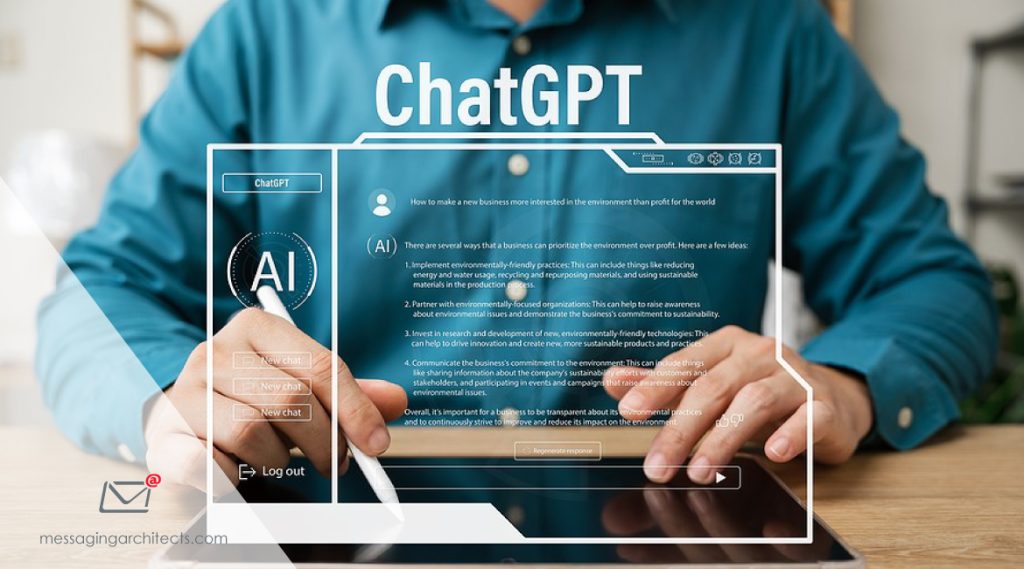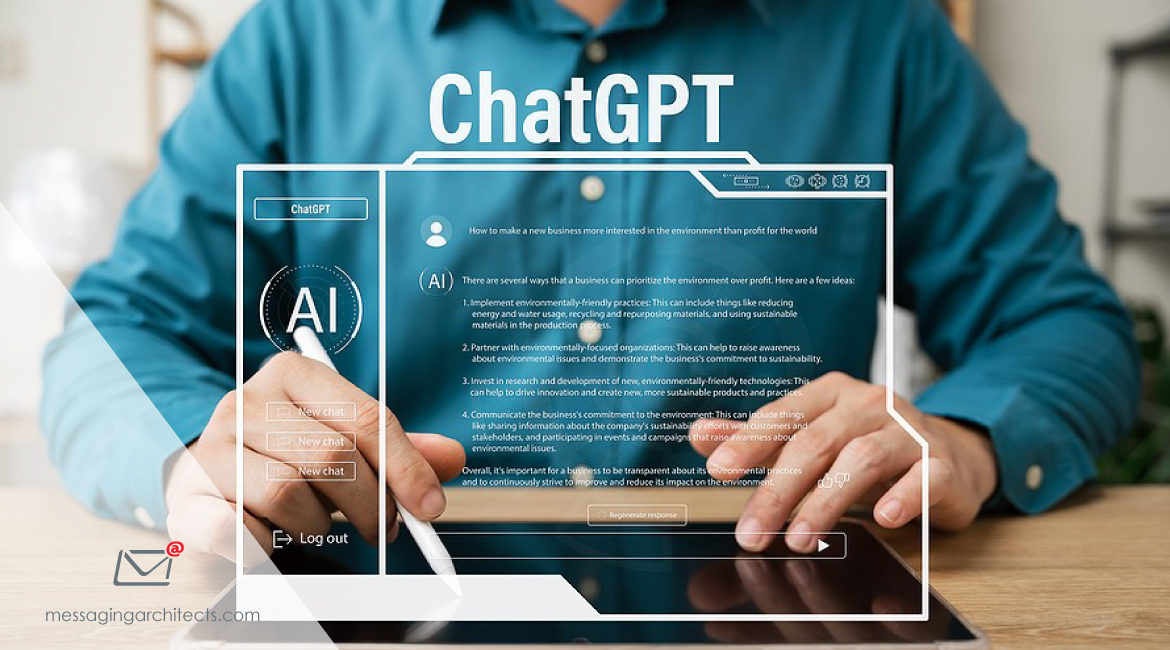Forward-thinking legal professionals have already begun to tap into the benefits of AI for eDiscovery with technology-assisted review (TAR). Recently, the buzz about ChatGPT and other advancements has attorneys carefully weighing the potential benefits and risks of AI. Implemented wisely, emerging legal technology options can deliver significant wins.
AI Already a Key Player in the Document Review Process
Discovery costs can account for up to half of the costs involved in litigation. Consequently, streamlining the eDiscovery process delivers critical time and cost savings while improving case strategy.
Enter technology-assisted review (TAR). A key application of AI, TAR substantially reduces the time required to find and organize relevant documents. An experienced attorney “teaches” the TAR software to recognize relevant documents based on examples. The system can then comb through thousands of documents in minutes and automatically classify them for review.
TAR systems use several types of AI in the process. For instance, they may use clustering to group similar documents together. AI also improves searches with the ability to search on concepts instead of exact words. For instance, a search for “doctors” would also produce documents about “physicians” and “providers.”
Additionally, AI can use entity recognition to identify certain types of information such as account numbers or protected health information (PHI). Some AI tools take the process a step further and automatically anonymize protected information to meet privacy standards. For instance, the tools can replace specific names with pseudonyms.

Recent AI Advancements Open Up New Potential
AI has made headlines in recent months with innovations like the text generator ChatGPT. Generative pre-trained transformer, or GPT, uses the vast internet database of language examples to learn how to generate text that sounds surprisingly human. Because GPT comes pre-trained, individuals and companies can easily fine-tune it for specific scenarios.
For instance, GPT-3 (the latest full release of the tool) could assist eDiscovery by generating summaries of large document collections. With a summary in hand, human reviewers more easily plan their review strategy and focus in on relevant content. Additionally, GPT-3 can assist by providing context for key information.
In addition to GPT-3, the introduction of low-code and no-code AI tools makes it easier for even small companies to leverage AI. With these new tools, users with minimal technical skill can create smart apps for specific purposes.
Save Time and Money with AI for eDiscovery
AI promises the potential to deliver significant time and cost savings to eDiscovery while improving accuracy. An efficient and timely early case assessment (ECA) can make or break a case. By rapidly identifying and prioritizing relevant data, AI reduces the amount of data that must be processed and reviewed. This both decreases costs and improves outcomes.
At the same time, AI improves accuracy by identifying additional custodians and new keywords. By analyzing patterns and similarities, AI tools can discover relevant data that traditional keyword searches and human reviewers might miss. It can also automatically detect sensitive data like PII and PHI so that legal teams can take appropriate action.

Proceed Cautiously with AI
While AI offers tangible benefits to the eDiscovery process, legal teams must proceed carefully. The AI landscape is changing rapidly, and although new developments offer great promise, they also come with some risk.
For instance, ChatGPT generates text that sounds very convincing but may not always prove factual because the tool lacks common sense. Likewise, the accuracy of the data used to “teach” an AI system will affect the quality of the prioritization and data classification the system produces.
This does not mean that legal teams should avoid AI. Quite the contrary. It will soon become difficult to stay competitive without employing AI for eDiscovery. But lawyers need to understand the potential risks and ethical considerations, including privacy concerns. And human reviewers still need to play a significant role in the process.
Explore the Possibilities of AI for eDiscovery
As the data explosion continues, AI plays an indispensable role in eDiscovery. New advancements will help legal teams further streamline the process. At the same time, tech-savvy legal teams find ways to leverage AI beyond eDiscovery. For instance, AI can conduct initial legal research, streamline information governance and assist with contract preparation.
Sorting through the hype to choose the right tools and use them effectively can prove challenging. The legal technology experts at Messaging Architects will help you explore the AI possibilities and determine the right fit for your organization.









